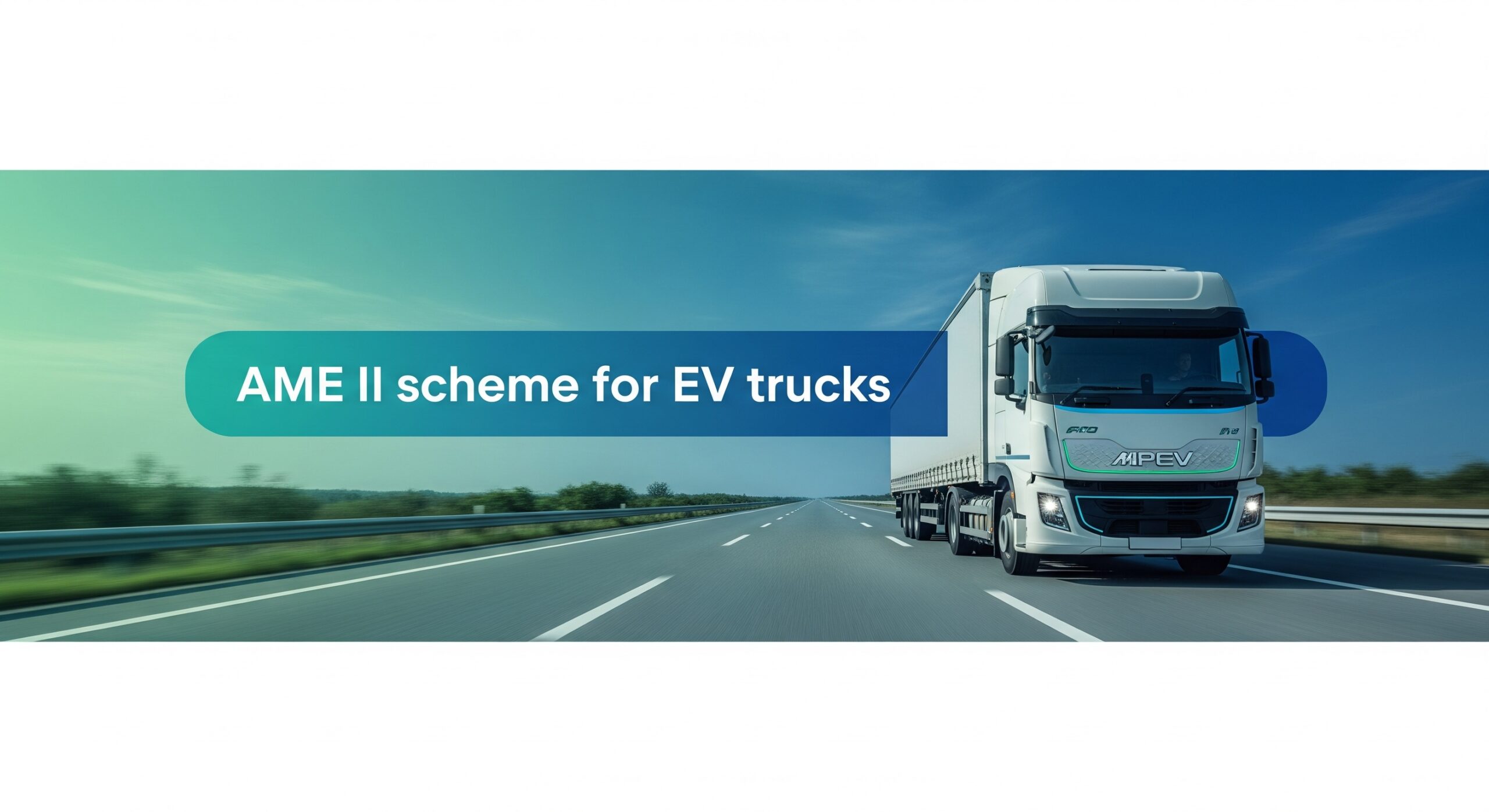India’s logistics and transportation sector is undergoing a massive transition as electric vehicles (EVs) steadily replace diesel-powered fleets. Among them, electric mini trucks such as Tata Ace EV, Mahindra Jeeto EV, and Piaggio Ape Electric are leading the charge in last-mile delivery. This shift is fuelling a parallel boom in one of the most promising business opportunities of the decade – EV charging stations for mini trucks.
In 2025, the demand for charging infrastructure has reached a point where entrepreneurs, franchise investors, and fleet operators are rushing to claim their share of the pie. The search volume for terms like “EV charging stations near me,” “franchise cost,” and “profit margin in India” has crossed hundreds of thousands per month, reflecting both consumer need and business interest.
The Rising Demand
The push toward electrification isn’t limited to private cars. E-commerce companies including Amazon, Flipkart, BigBasket, and Zomato are steadily transitioning their delivery fleets to electric mini trucks, citing lower operating costs and government incentives. Cities such as Delhi, Mumbai, Bengaluru and Hyderabad are already witnessing a surge in EV-based logistics, and this has created a critical need for strategically located charging hubs.
Experts suggest that Tier-1 and Tier-2 cities will become the battleground for EV charging businesses, with mini trucks emerging as the largest consumers of fast-charging facilities. Unlike cars or scooters, these vehicles require higher capacity chargers, translating to greater electricity consumption per day – and ultimately, higher revenue for station operators.
Investment and Cost Structure
Setting up an EV charging station in India involves a substantial initial investment, but the numbers suggest healthy returns. A small independent station with AC chargers can cost around ₹15 to 20 lakh, while a larger fast-charging setup equipped for commercial trucks may require ₹30 to 50 lakh or more.
For those unwilling to take the independent route, big names like Tata Power and Adani TotalEnergies are offering franchise partnerships. Tata Power’s EZ Charge network, for instance, allows entrepreneurs to partner for as little as ₹5 to 15 lakh in franchise fees, while Adani provides a premium model with high-speed chargers and extensive brand support. Franchise owners also benefit from installation assistance, software integration and, most importantly, a steady customer base driven by the brand’s reputation.
Profit Margins and Business Potential
But is the business profitable? The answer, according to industry insiders, is a resounding yes. Charging tariffs typically range between ₹15 to ₹25 per unit. After deducting electricity and operational costs, operators can still earn ₹7 to ₹12 per unit of power supplied. Considering that an electric mini truck consumes 20 to 30 units daily, even a modest station catering to just ten trucks could generate nearly ₹3,000 in revenue per day – translating into a monthly income of ₹75,000 to ₹90,000.
Larger stations with fleet contracts stand to make much more. Tie-ups with logistics companies can push revenues into the range of ₹4 to 5 lakh per month, with the potential for break-even within two to three years. While margins are encouraging, experts warn that actual profits depend heavily on location, footfall, and electricity tariffs in a given state.
Licensing and Documentation
One of the attractive aspects of this business is that no special license is required to operate an EV charging station in India. However, commercial power connections are mandatory, along with clearances from municipal authorities for land usage and parking. Fire safety approvals and, in some cases, pollution control certificates are also needed.
Those opting for a franchise model must sign agreements with the provider, which typically outline revenue sharing, royalty fees, and infrastructure obligations.
Pros, Cons and Market Challenges
Like any emerging industry, the EV charging business presents both opportunities and risks. On the positive side, demand is rising sharply, government subsidies are reducing the cost of equipment, and major brands are looking for franchise partners in every city. The scalability of this business means operators can start small and expand as adoption grows.
On the flip side, the capital required is substantial, and the process of obtaining high-capacity electricity connections can be slow. Operators are also at the mercy of government policies and EV adoption rates. A sudden policy shift or slower-than-expected transition could delay profitability.
The Future Outlook
Looking ahead, the government’s focus on electrifying last-mile delivery ensures that the demand for EV charging stations – particularly for mini trucks – will only increase. Industry reports predict that by 2027, a significant share of delivery vehicles in metro cities will be fully electric. Battery swapping, a faster alternative to charging, may also become mainstream, providing another revenue stream for entrepreneurs.
Franchise players like Tata Power and Adani are expanding aggressively, while smaller networks such as Statiq, Magenta and ChargeZone are targeting urban delivery hubs with affordable solutions. For investors, the message is clear: the EV charging station business is no longer a futuristic idea, but a practical and profitable venture today.
Conclusion
The rise of EV charging stations for mini trucks in India represents a turning point in the country’s logistics landscape. What was once a niche sector is now emerging as one of the most lucrative opportunities of 2025. With the right mix of investment, location, and partnerships, entrepreneurs can tap into a business that promises not only strong returns but also a pivotal role in India’s green mobility revolution.






